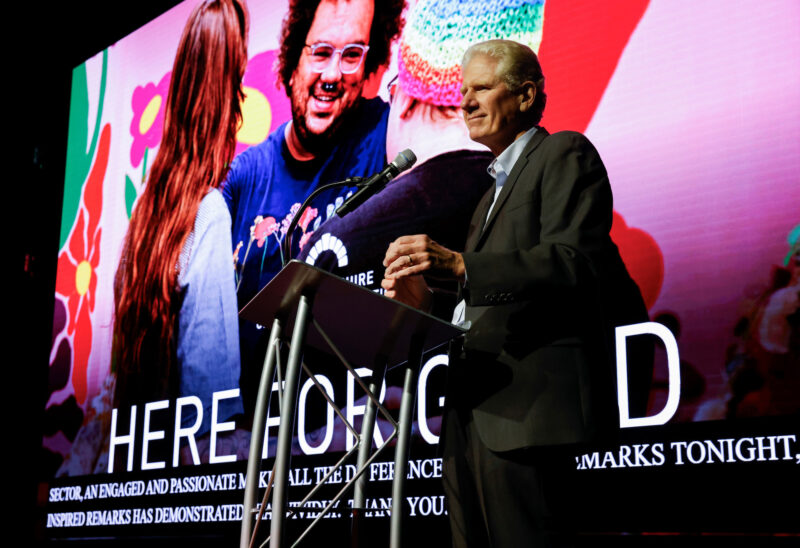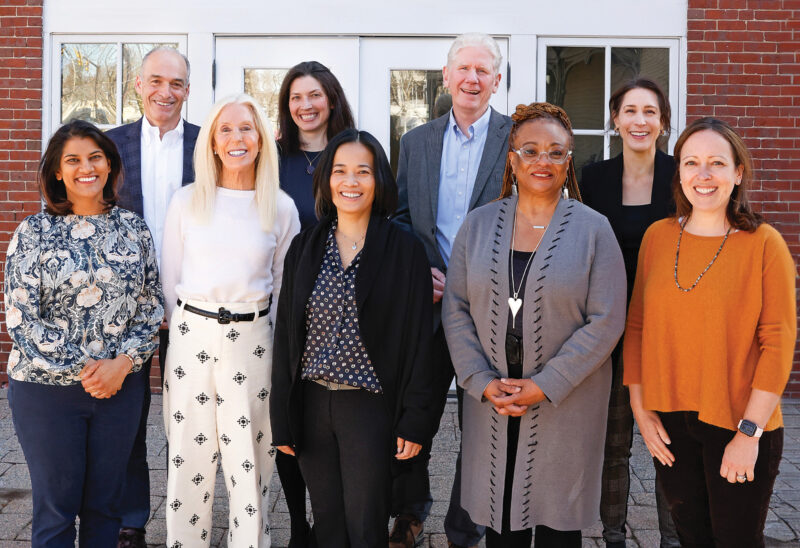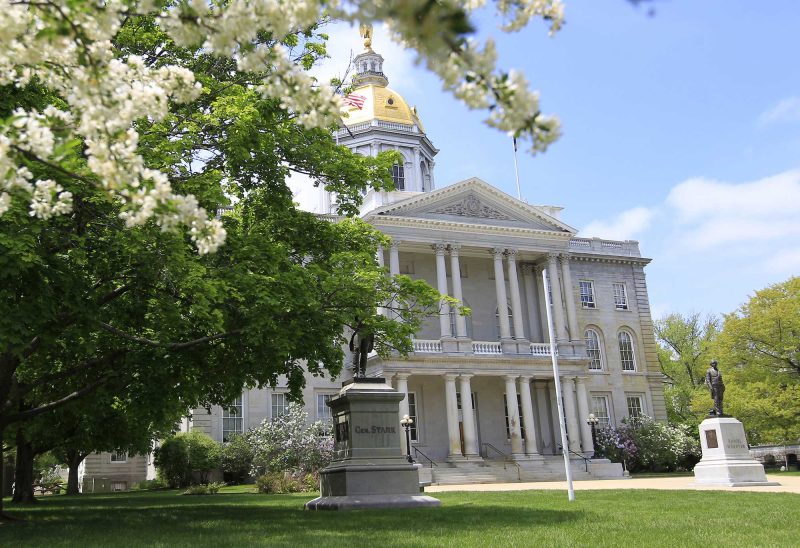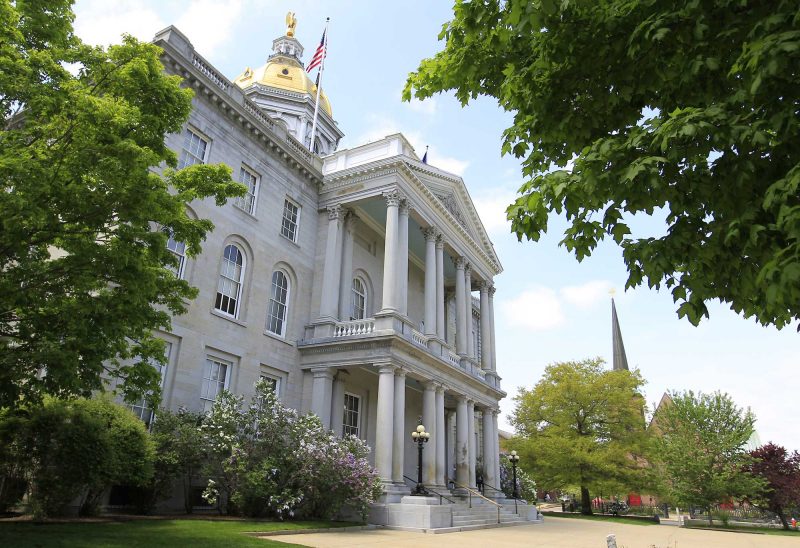Young families in New Hampshire face a daunting trifecta:
A housing market where the median home cost has hit a half-million dollars, the highest student debt load in the country — and child care that is so expensive and difficult to find that it is keeping people out of
the workforce.
“Affordable” child care is defined by the U.S. Department of Health and Human Services as taking up no more than 7% of a family’s income. The actual cost for a family with an infant and a four-year-old in center-based care in New Hampshire is almost three times that — or 20% of median family income for a married couple. That doesn’t work for anyone — families, child care providers, a community that needs to make sure every child thrives into adulthood.
As outlined in this article, policymakers have taken important first steps to try to address this crisis — like a recent one-time state investment in the child care workforce, and expanded eligibility so that childcare assistance is available to more families.
As usual, New Hampshire nonprofits are bringing extraordinary dedication and ingenuity to the task of making high-quality, affordable child care available to all families who need it.
As my colleague Christina D’Allesandro says, “Clearly, there are solutions to this. And we are seeing exciting collaborations and innovations, and a lot of promising areas of investment. If everyone — government, business, philanthropy, nonprofits — takes a piece of this, it is totally possible to transform the current crisis into hope and opportunity for New Hampshire families.”
Early childhood education became a more focused part of the Charitable Foundation’s work when we launched the New Hampshire Tomorrow initiative in 2016 to increase opportunity and improve outcomes for children and young people. In addition to early childhood education, that initiative has focused investments in family and youth supports, prevention of substance use and education and career pathways. The Foundation committed to invest $100 million over 10 years in those focus areas — a milestone that was reached by the end of 2021. And that initiative solidified our approach of affecting change through the coordination of policy and advocacy work, partnership-building and grantmaking with staff experts — like Christina — at the helm of each area of work.
Now, all of that work — and more — continues apace, and has been incorporated into our strategic plan, Together We Thrive. We are singularly focused on making New Hampshire a community where everyone can thrive, and that means centering equity, racial justice and economic security across all areas of our work. In addition to early childhood, behavioral health, scholarships and education and career pathways, Together We Thrive also prioritizes housing and basic needs, environmental justice and climate change, civic health and more.
Since its inception in 1962, the Charitable Foundation has focused on addressing the most challenging issues of our times. Those issues may be more complicated and intertwined than ever — and we are committed to working with partners from all sectors on solutions that will help New Hampshire families thrive.

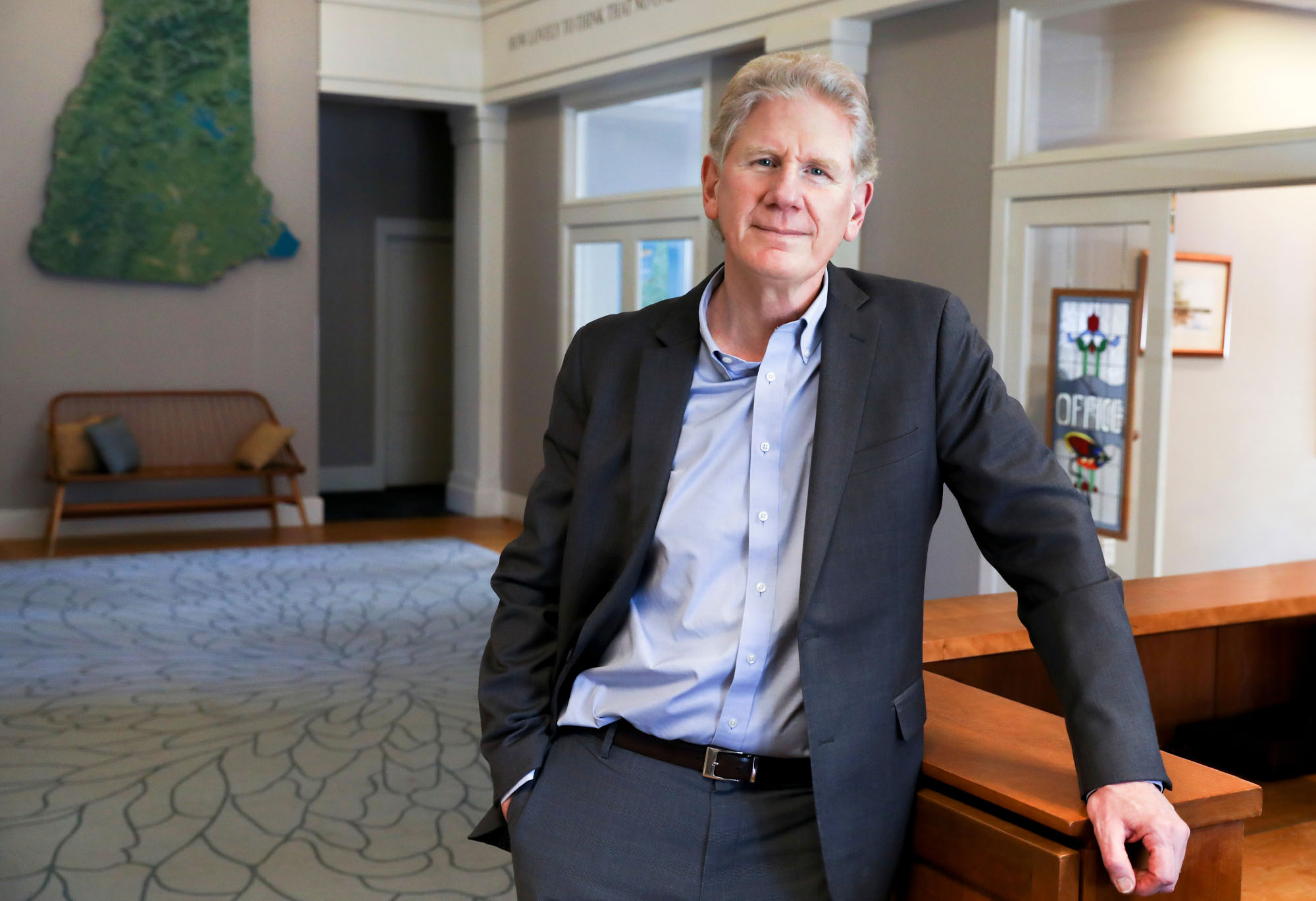





![Charitable Foundation President Dick Ober [Photo by Cheryl Senter]](https://www.nhcf.org/wp-content/uploads/2023/12/dick-ober-purpose-fall-winter-2023-800x548.jpg)
